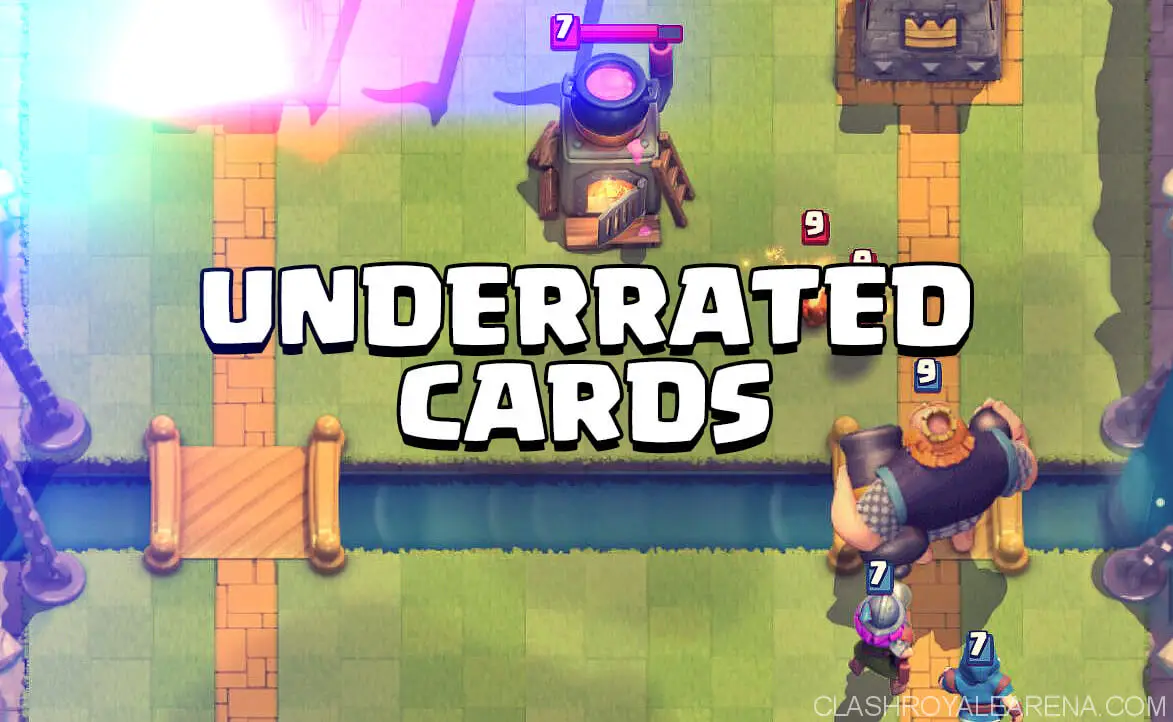
Video games rely on the balance between skill and chance. Too much randomness and players feel their efforts are pointless; too much strategy and games will start to feel predictable and repetitive. Clash Royale and many other popular games blend both elements adeptly in order for players to feel that they don’t know what’s coming next, while still giving them agency and control over the outcome. How do other games ensure that they are maintaining this balance, though?
The Role of Randomness in Competitive Gaming
In gaming, randomness isn’t just luck; it’s a developer’s tool for creating dynamic experiences. Consider Clash Royale, for example. Each match begins with a random shuffle of your starting hand, which forces you to think on your feet. If not for this randomized beginning, there’s the danger that players would figure out optimal strategies and fall back on those every time, resulting in stagnant and repetitive gameplay.
The best games allow randomness to affect end results but never feel like the primary determining factor. That’s why in Clash Royale, fundamentals such as elixir management, counterplay, and the interactions between different cards are so important to the game. Although luck does play its part, an experienced player will beat a novice every time, even if he has worse draws. If you find yourself struggling to be competitive, instead of cursing the RNG for not giving you the cards you wanted, try reading up on some of the best tips to improve your approach to this game.
Balancing Skill and Luck in Clash Royale and Casino Games
Randomness is a core mechanic in many other genres too. In digital card games like Hearthstone, random effects can turn the whole battle around; skilled players, however, compensate for these risks with careful planning. Similarly, many battle royale games randomly generate loot drops, which force players to adapt their tactics based on what they get.
This same balance exists in casino games, where unpredictability is a key factor. In a game of Blackjack, probability plays a tremendous role, and the difference between a good player and a beginner lies in knowing when it makes sense to draw another card and when to stop and hope that the dealer busts.
Regardless of the game you’re playing, you will find players using strategies and tactics to give themselves an edge despite the presence of random elements. Many casino games have a heavy random element in terms of dice being thrown, cards being shuffled, or wheels being spun, but a lot of them also allow the player to influence the outcomes because they know this ups the immersiveness and enjoyment. When it comes to achieving success at the virtual table in casino games, the best players are the ones who understand the game mechanics and hone their skills instead of just hoping luck will be on their side.
Of course, some of the most popular casino games are actually just pure luck. If you check out the best slot games, for example, these are famed specifically because players can just push a button and relax, leaving everything up to chance. That’s an attractive format for those who just want something mindless to do – but interestingly, some slots are even beginning to introduce mechanics that do allow players to have some influence over the game’s outcomes, even if the fundamentals still rely on luck.
Strategy-Driven Games and the Fine Line of Fairness
As we’ve established, not all games require an element of luck. Some of them, most notably chess, run on entirely deterministic rules. At any given point, each player knows exactly what the outcome of any given move will be. That does have its merits and there are some people who love this kind of setup, but in many of the popular titles such as Valorant or MOBAs like League of Legends (where critical hit chances or random in-game events are important elements), unpredictability forces the players to think fast and keep their strategies flexible.
Developers need to be careful, however. If too much is dictated by randomness, players feel they have no control over their fate. This is true of board games as well as physical games. There’s a reason we’ve moved away from some classic board games like Snakes and Ladders, toward modern options that emphasize player control over randomness. Balancing luck and skill isn’t necessarily easy.
The Importance of Randomness in Modern Online Games
The gaming industry in fact is still in the process of trying out different ratios of luck and strategy. That has resulted in games featuring loot boxes, random gacha mechanics (where whether one character will join your side or not depends solely on luck in a draw system), and procedurally generated levels. These elements rely heavily on luck and chance, which can add a sense of mystery and excitement. On the other hand, game mechanics such as capping the number of consecutive misses that a player can make in a row, or allowing a certain number of free redraws if you start with a bad hand, can reduce frustration and make the players feel that they are being treated fairly when playing.
| Game Type | Randomness Level | Skill Importance |
| Chess | None | Extremely High |
| Clash Royale | Moderate | High |
| Hearthstone | High | Moderate to High |
| Battle Royale | High | High |
| Casino Games | High | Moderate |



